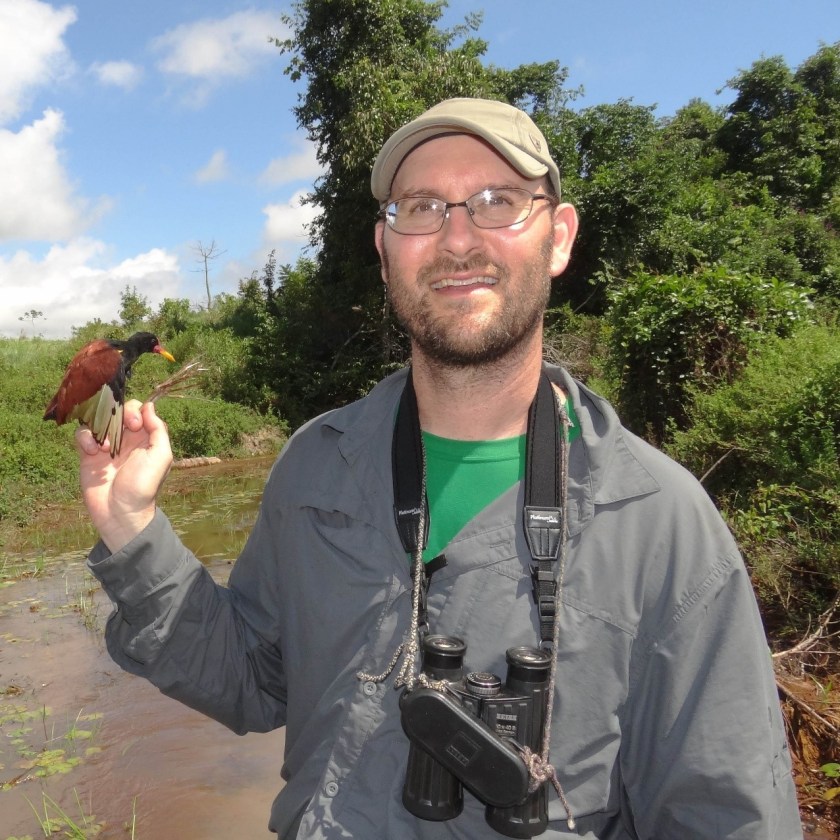This Giving Tuesday, we hope that you will consider a gift to the Academy. For today only, every dollar donated to our Molecular Systematics and Ecology Lab, where we process DNA and conduct other molecular work, will be matched up to $1500 thanks to the generosity of an anonymous donor.
It takes thousands of dollars a year to supply this lab with the materials our scientists need to continue their biodiversity research. Head to ansp.org/givingtuesday to make your gift.
The Genetics Lab is used by scientists from many areas of the Academy, including Botany, Ichthyology and Ornithology. How exactly do our scientists use the lab?

Meet Dr. Mariangeles Arce Hernandez, the Collection Manager of Ichthyology. Dr. Hernandez uses our Genetics Lab to research DNA from fishes. Her work in the lab helps her understand how fish species are formed, how they are related to each other and how they may have evolved over time. By looking at the DNA in a water sample, she can also understand which animals are living in and using an aquatic ecosystem (like a river, stream or lake). This DNA work helps Dr. Hernandez detect species even when the numbers are low, giving her information about the composition of the community and the overall health of the ecosystem.

Dr. Tatyana Livshultz, our Assistant Curator of Botany, uses the Academy’s Genetics Lab to find genes that plants in the milkweed family (about 5000 species) use to make chemicals that are known human toxins and probable carcinogens. Many species in the milkweed family are used medicinally, including whole plant preparations. Knowledge of how these toxins are distributed across the family can help authorities both understand how the defenses of these plants have evolved and protect public health.

Meet Dr. Jason Weckstein, our Associate Curator of Ornithology. Dr. Weckstein and his lab members use the Genetics Lab to study the evolutionary history and ecology of birds and their parasites. They compare the genealogies of avian parasites (for instance, malarial parasites living inside birds and chewing lice living on the feathers of birds) to the genealogies of their avian hosts.
If you’d like to make a gift to support our Genetics Lab this Giving Tuesday, head to ansp.org/givingtuesday.

